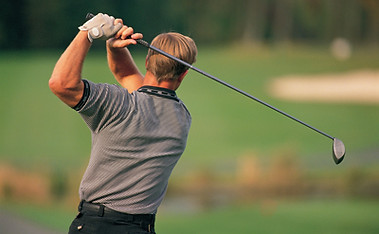Imagery in sport
Enhancing mental performance and wellbeing

At The Sprint Project, we explore how mental imagery can shape athletic performance, well-being, and resilience. Our research spans from developing tools to measure imagery ability to pioneering interventions that support athletes in managing anxiety and enhancing focus.
what is imagery in sport?
Mental imagery involves using all the senses to rehearse movements, strategies, and emotional responses, with and without actual physical execution. It’s a powerful tool for athletes to sharpen their skills, boost confidence, recover from injury, and prepare for competition.

Key areas of our research
Imagery Ability: Measuring and Improving Mental Skills
Understanding and enhancing imagery ability is central to our work. We’ve created validated tools to assess imagery ability:
-
Sport Imagery Ability Questionnaire (SIAQ) – for athletes
-
Movement Imagery Questionnaire-3 (MIQ-3) – for general populations
-
Our research also supports Layered Stimulus Response Training (LSRT), an evidence-based method to improve imagery ability in both traditional and e-sport athletes.
Intrusive Imagery and Anxiety in Athletes
Not all imagery is helpful. Our recent work investigates how intrusive imagery, unwanted and distressing mental images, can affect athletes’ mental health and performance.
-
Read our blog post on intrusive imagery and anxiety in elite athletes.
-
We’ve developed the PACING intervention, a structured approach to help athletes manage intrusive imagery and regain control.
👉Explore the academic paper
Tools and Resources
📄 Download the Sport Imagery Ability Questionnaire (SIAQ) Manual [Coming Soon] 🎥 Infographics explaining LSRT [Coming Soon]
Why It Matters
Imagery isn’t just about performance. It’s about mental health, confidence, and coping under pressure. Our research helps applied practitioners and sport psychologists support athletes in using imagery effectively and safely.
Get Involved
Whether you're a researcher, coach, athlete, or simply curious, we’d love to connect.
-
📬 Subscribe for updates on our latest findings and resources.
-
📧 Contact us to collaborate or learn more about our imagery research.